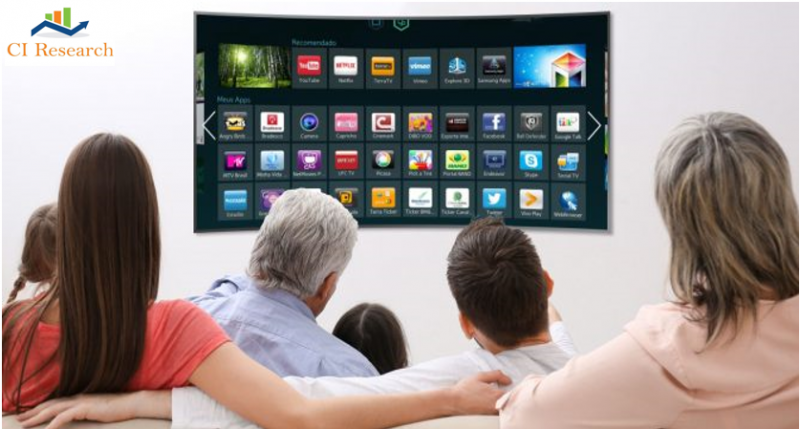For 5 global retail trends 2018

The customer experience
The success story of the retail market in 2018 will revolve around the customer experience. Achieving this requires a strong combination of traditional and digital customer access.
Although the concept of the departure of traditional retail stores has not emerged, it has become dull. In some countries, the number of stores closes at an all-time high of 2017, including a number of older retail brands that are also on the list. Besides, many new stores are opened. The same trend will occur in 2018. By January 2019, 90% of retail transactions will be made at physical stores. Retail brands that have become iconic like Apple, Sephora and Costco continue to be successful, although they rely heavily on traditional stores.
As a result, the new generation of retailers emerged. Some retailers are initially approaching the network and coming to the traditional store building while others combine "traditional and click-to-market". Retailers are exploring the share of consumer spending and how they search, buy and sell to create a new retail model. That means, whether you open a showroom or go deep into e-commerce, retailers are "reinventing" the way businesses do.
Who will dominate?
Katrina Gosek, director of commercial product strategy at Oracle, said the AI "will become a divisive vehicle for retailers" to achieve personalization.
By 2016, Gartner predicts that by 2020, 85% of customer interactions will be managed without human involvement. By 2018, we will see continued AI adoption with chatbots leading the way. Due to the ease of deployment, instant availability and improved quality, chatbots will become increasingly popular for managing customer service queries and making smart purchase recommendations.
Besides, there is an increase in conversational interfaces and voice assistants. Retailers can use this technology to answer common questions and assist customers.
Consumers will continue to increase Today's customers understand what is real, what is just to pull the purchase.
This leads to an increase in consumer decision-making based on the value of the goods purchased and the place of purchase. To win customers today, businesses must deliver consistent messages from top management to online staff. The smart consumer movement is growing rapidly. One third of British consumers care about the origin of the product.
Meanwhile, a study from YouGov and the Global Poverty Project found that 74% of respondents would pay higher costs for clothing if workers were guaranteed fair wages and worked in safe conditions.
Customers in the driver's position, they have power
Retailers that do not meet the needs of customers will no longer be in the game. Forrester predicts that this challenging new environment will "pose extreme and different demands, requiring businesses to change the way they develop, market, sell and deliver products and services." Retailers are still five years into the Customer Age, in which new customers are given the power to raise expectations with every interaction they have with the brand.
New technology has put customers in the driver's seat, they have power. Apps like Snapchat, WeChat, and WhatsApp show that we are quickly moving to a reality in which things happen in real time. The natural result is that people want instant gratification and this has a profound effect on the customer's expectations.
Amazing growth in the East
For a long time, companies in China were known for bringing Western-style products and business models to their local markets. However, with the transition to a consumer-oriented economy, family businesses are redefining the oriental landscape. China has developed a unique innovative ecosystem that creates a revolutionary approach on a large scale. This ecosystem is different from the West, which is affecting both emerging and developing economies. China's advanced technology companies are dominating the local market and are only a matter of time before they move west.
The Chinese group, Alibaba Group, has dramatically reshaped its retail and business world in a fast-paced economy - a contrast quite distinct from Western retailers. Alibaba owns Taobao, an online market that has 580 million monthly active users mainly in China, showing incredible growth in the East.
Source: KPMG Global Retail Trends 2018 Report



